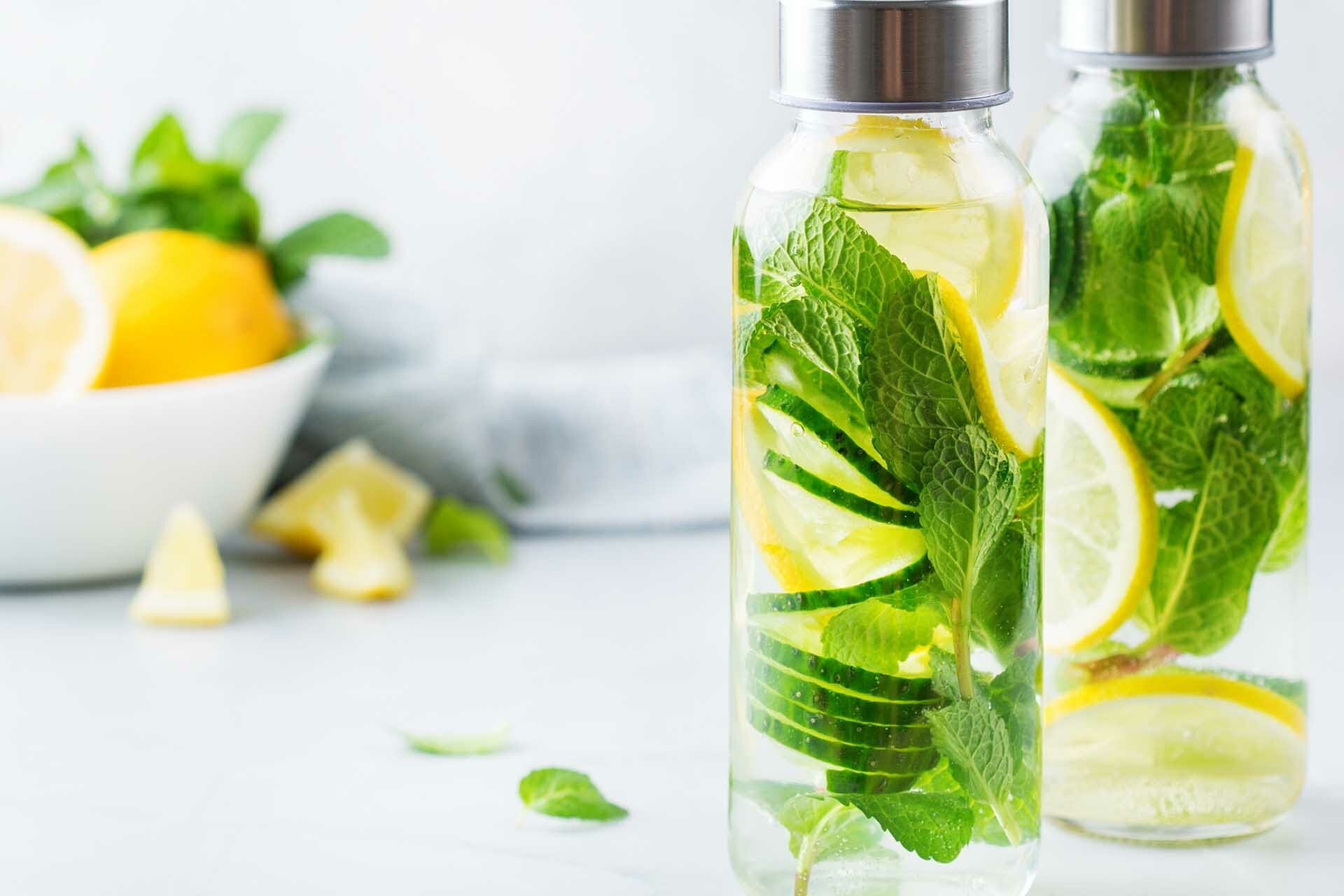
With the warmer months rolling in, it is easy to forget to keep our bodies hydrated amidst the fun. With up to 50-80% of the human body weight equating to water and a recommended intake of 8-10 glasses per day for the average adult[1], it is no wonder dehydration can cause some major problems if not addressed.
Why is staying hydrated important?
According to the National Health and Medical Research Council – Nutrition Reference Values (NRVs) shows that the average adult requires approximately 2.5-3.0 litres of total water (fluids and food) per day1.
Adequate hydration is important for[2]:
- Physical and mental health
- Prevention of muscle cramps and joint stiffness
- Prevention of some headaches
- Healthy digestive system and bowel movement
- Prevention of urinary tract infections
So, it is important to keep drinking water throughout the day and not to wait until you feel thirsty.
What is dehydration?
Dehydration occurs when the body loses too much water, loss of fluid can occur from sweating, going to the toilet and breathing out tiny particles when you exhale[3]. The amount of fluid your body requires is dependent on several factors including gender, age, physical activity, environment and whether you’re pregnant or breastfeeding[4].
If you experience dehydration you may notice these symptoms4:
- Thirst
- Headaches
- Fatigue
- Changes in mood
- Dry nasal passage
- Cracked or dry lips
- Dark coloured urine
- Confusion and Hallucinations
What causes dehydration?
It is surprisingly easy to become dehydrated, particularly in warmer and windy climates like we find during an Australian summer, this can cause sweat to evaporate more quickly from the body.
- Some of the causes of dehydration to be mindful of4:
- Forgetting to drink water!
- Excessive sweating from exercise, hot weather, humidity or a fever
- Diarrhoea or vomiting
- Increased urine output relating to diabetes, kidney disease, hormonal deficiency or medication use.
- Not feeling thirsty, this is particularly common in the elderly
So, take away message – rehydrate, rehydrate and rehydrate.
Can dehydration be prevented?
Sure it can, if you’re aware of the number of ways your body loses water each day, you can replace any fluid lost.
Here are some tips for staying hydrated3:
- Drink water frequently
- Always carry a water bottle with you when you leave the house – add ice or fruit for refreshing taste
- Eat foods with a high-water content like cucumbers, zucchini or watermelon
- Add fruit to your drink to increase the water content
- Set a reminder on your phone or use an app to track your water intake
- Don’t skip meals, fluids can also be found in foods
- Avoid outdoor activities during the hottest part of the day, if you need be out then find a cool or shady place
Reference:
[1] National Health and Medical Research Council (NHMRC) 2014, ‘Nutrient Reference Values for Australia and New Zealand – Water’, NHRMC, Retrieved 30 October 2020, <https://www.nrv.gov.au/nutrien...;
[2] Health.Vic 2020. ‘Hydration’, Department of Health & Human Services, Retrieved 2 November 2020, <https://www2.health.vic.gov.au...;
[3] Queensland Health 2020, ‘Dehydration – the conditions all Queenslanders need to be aware of’, Queensland Government, Retrieved 30 October 2020, <https://www.health.qld.gov.au/...;
[4] Better Health Channel 2020, ‘Water – a vital nutrient’, Victoria State Government, Retrieved 30 October 2020, <https://www.betterhealth.vic.g...;
